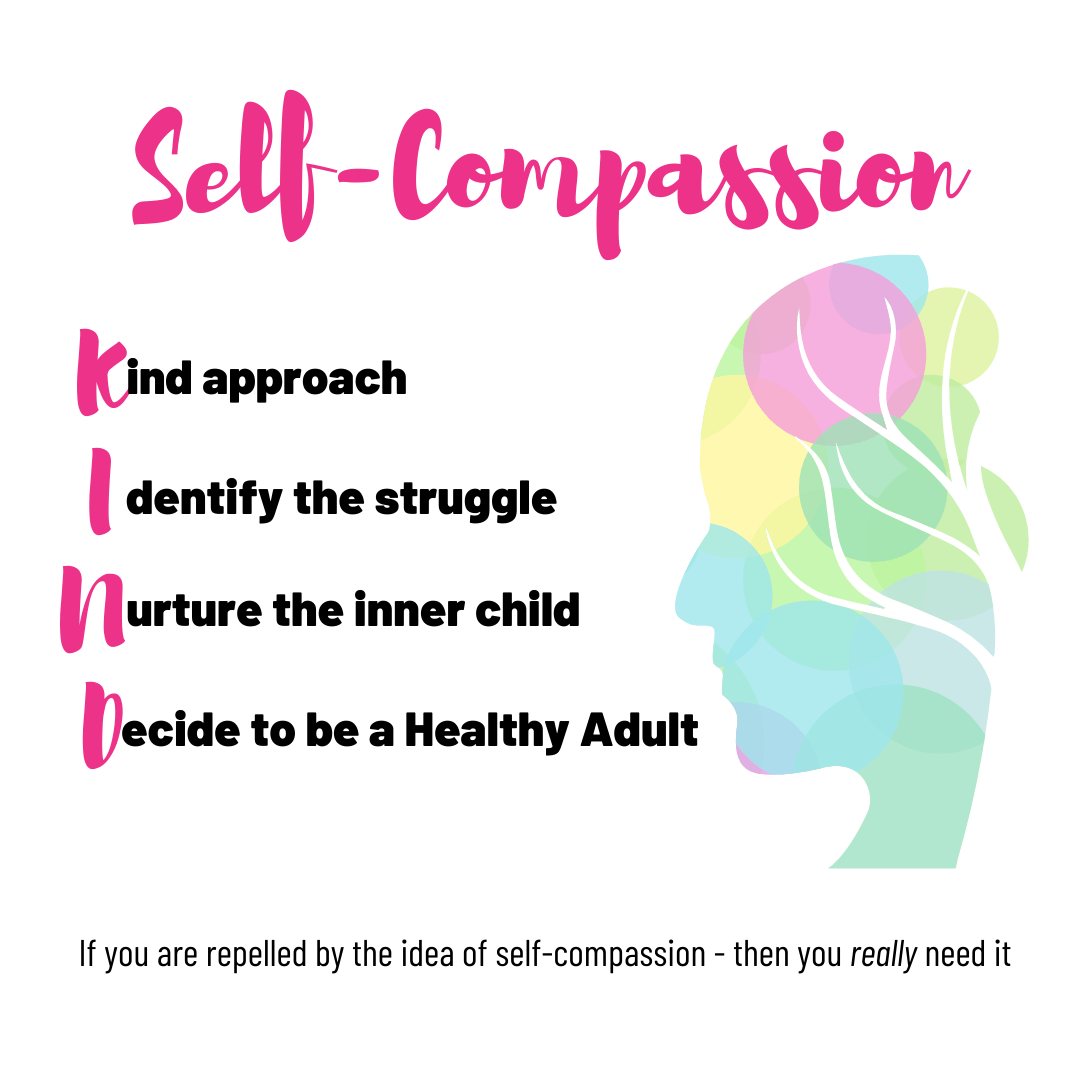Practicing self-compassion is crucial for our mental and emotional well-being. It involves treating ourselves with kindness and understanding, especially in times of struggle or failure. One effective way to cultivate self-compassion is through the use of worksheets, which can help us develop a deeper sense of self-awareness and self-acceptance.
Self-compassion worksheets are tools that can guide us in recognizing our negative self-talk, challenging our inner critic, and practicing self-compassionate behaviors. These worksheets often include exercises and prompts that encourage us to explore our thoughts and feelings with a compassionate lens, ultimately leading to a more positive relationship with ourselves.
One common worksheet for self-compassion is the self-compassion journal. This journal prompts individuals to write down their thoughts and feelings, particularly when they are being self-critical or judgmental. By reflecting on these negative thoughts and replacing them with self-compassionate responses, individuals can begin to reframe their inner dialogue and cultivate a kinder attitude towards themselves.
Another type of self-compassion worksheet is the self-compassion letter. This exercise involves writing a letter to oneself as if they were writing to a dear friend who is struggling. By expressing words of kindness, support, and understanding towards oneself, individuals can practice self-compassion and develop a sense of empathy towards their own struggles.
Self-compassion worksheets can also include mindfulness and self-care practices, such as guided meditations, deep breathing exercises, or self-soothing techniques. These activities can help individuals connect with their emotions, release tension, and nurture themselves in a gentle and compassionate way.
In conclusion, self-compassion worksheets are valuable tools for fostering self-compassion and promoting self-care. By engaging in these exercises, individuals can learn to treat themselves with the same kindness and compassion that they would offer to a loved one in distress. Through consistent practice and reflection, self-compassion can become a natural and empowering way of relating to oneself, leading to greater mental and emotional well-being.
